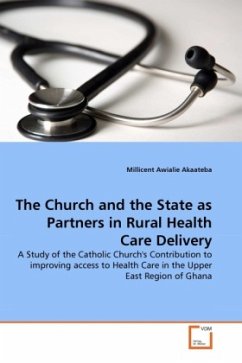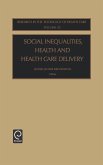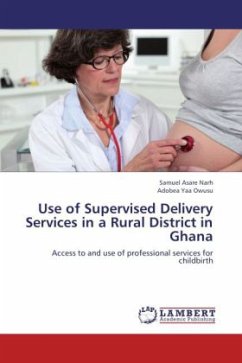Health services provision remain an essential part of the responsibilities of governments throughout the world in view of the vital role good health plays in economic development. However, in the developing world, the public sector (government) is no longer able to solely provide sustainable basic infrastructure, including health services in response to the rapidly growing demand due to increasing population growth and weak economies. This book used the Upper East Region of Ghana as a case study to examine the contribution of the Catholic Church (a not-for-profit health care provider) to improving access to health care delivery in rural communities. The research used secondary and primary data sources which produced results indicating the immense health care delivery gap being filled by the Catholic Church in rural Ghana. It outlined several dimensions of health care access and identified public-private partnerships as a viable policy for governments to adopt for improved access to health care. This book is useful to government and nongovernmental actors in rural health delivery, persons in academia or anyone with an interest in Church-State partnerships in rural health delivery.
Bitte wählen Sie Ihr Anliegen aus.
Rechnungen
Retourenschein anfordern
Bestellstatus
Storno








